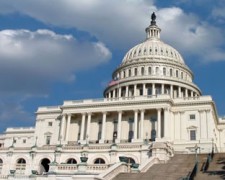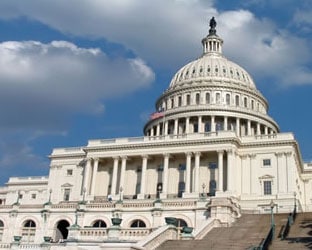 The Sunlight Foundation believes that Congress should operate in the bright light of the day, and that it should live up to its own rules, which prescribe use of the internet to both broadcast live committee meetings and to archive past meetings. It says that a big gap in the video record can largely be traced to just one committee: Appropriations.
The Sunlight Foundation believes that Congress should operate in the bright light of the day, and that it should live up to its own rules, which prescribe use of the internet to both broadcast live committee meetings and to archive past meetings. It says that a big gap in the video record can largely be traced to just one committee: Appropriations.
Sunlight went back 20 days and checked on 200 committed meetings, and found that almost a fourth – 49 in all – had not been available via live streaming. And all but two of them, fully 47, were House Appropriations Committee hearings.
Sunlight also checked on 407 hearings held between 1/17/12 and 4/2/12 and found that 91 were unavailable in committee archives. Once again, the transparency failure was heavily tilted to Appropriations, which accounted for 74 of them.
Both houses of Congress have made it a general practice to television and stream committee meetings for some time, and in January 2011, according to Sunlight, it became the policy of the House of Representatives to do so.
As is clear from Sunlight’s study, the fact that Appropriations owns almost all of the failures is the only fact you need to conclude that just about every other panel is doing a very good job.
The authors of the Sunlight study — Daniel Schuman and Cassandra LaRussa – suggest that Appropriations goes the extra mile to ignore the January 2011 openness directive which came directly from Speaker John Boehner (R-OH). They note that the Committee sometimes meets in tiny rooms with extremely limited audience space, and suggests that due to the very important nature of its work it should be doing a better job of allowing the rest of America to see what’s going on when it is in session.
RBR-TVBR observation: We are frequent viewers of the proceedings of the House Committee on Energy and Commerce, and its Communications Subcommittee. And we have zero complaints – barring occasional technical difficulties, if E&C or one of its satellites is in session, it’s available to the public.





